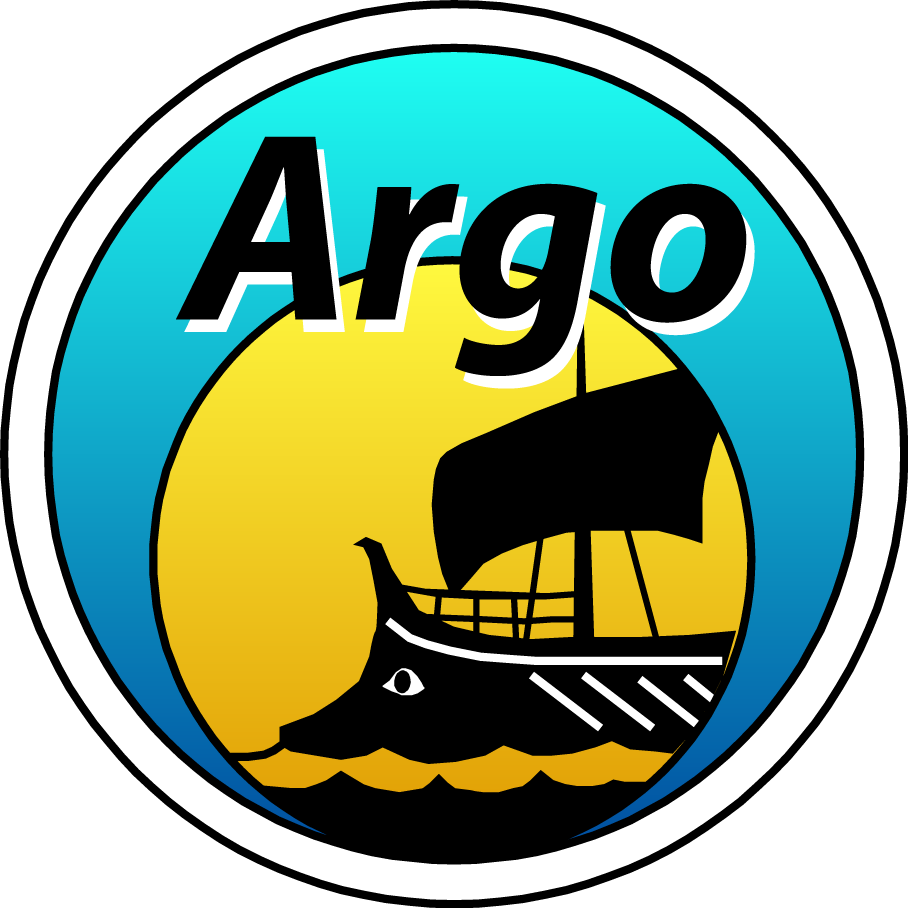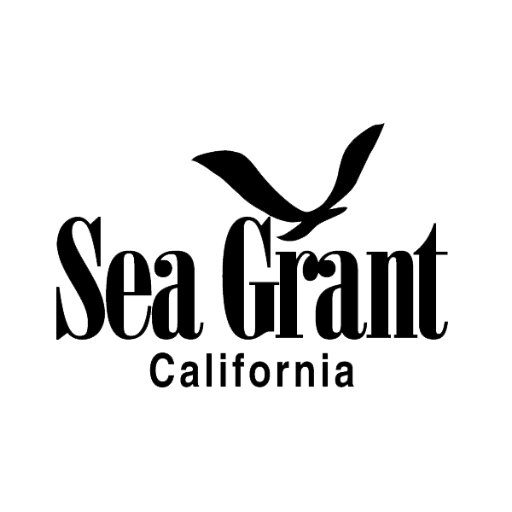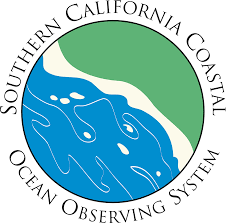COLLABORATORS
The Center partners with numerous organizations both within UC San Diego and externally to advance its research goals and mission.
Argo is an international program that collects ocean information using a fleet of robotic instruments that drift with the ocean currents and move up and down between the surface and a mid-water level. The floats measure temperature, salinity, pressure down to 2000m and contribute to a global dataset.
Improving resilience in California and Nevada by providing decision makers with usable climate information through integrating cutting edge physical and social science.
California Sea Grant is a unique partnership that unites the resources of the Federal Government, the State of California and universities across the state to create knowledge, products and services that benefit the economy, the environment and the citizens of California.
By bringing the ocean and atmosphere into the lab, CAICE is studying the influence of aerosols on the environment.
Providing 21st century water cycle science, technology and outreach to support effective policies and practices that address the impacts of extreme weather and water events on the environment, people and the economy of Western North America.
The Coastal Data Information Program (CDIP) measures, analyzes, archives and disseminates coastal environment data for use by coastal engineers, planners and managers, as well as scientists and mariners.
From the infinite scale of the universe to the infinitesimal scale of subatomic particles, researchers at Lawrence Berkeley National Laboratory – Berkeley Lab – are advancing the scope of human knowledge and seeking science solutions to some of the greatest problems facing humankind.
JPL is the leading U.S. center for robotic exploration of the solar system, and has 19 spacecraft and 10 major instruments carrying out planetary, Earth science and space-based astronomy missions.
NCAR provides the atmospheric and related Earth system science community with state-of-the-art resources, including supercomputers, research aircraft, sophisticated computer models, and extensive data sets.
A joint initiative to coordinate and integrate the science and engineering to generate the knowledge base that enables ocean solutions.
The regional observing systems work to collect, integrate, and deliver coastal and ocean observations in order to improve safety, enhance the economy, and protect the environment.






